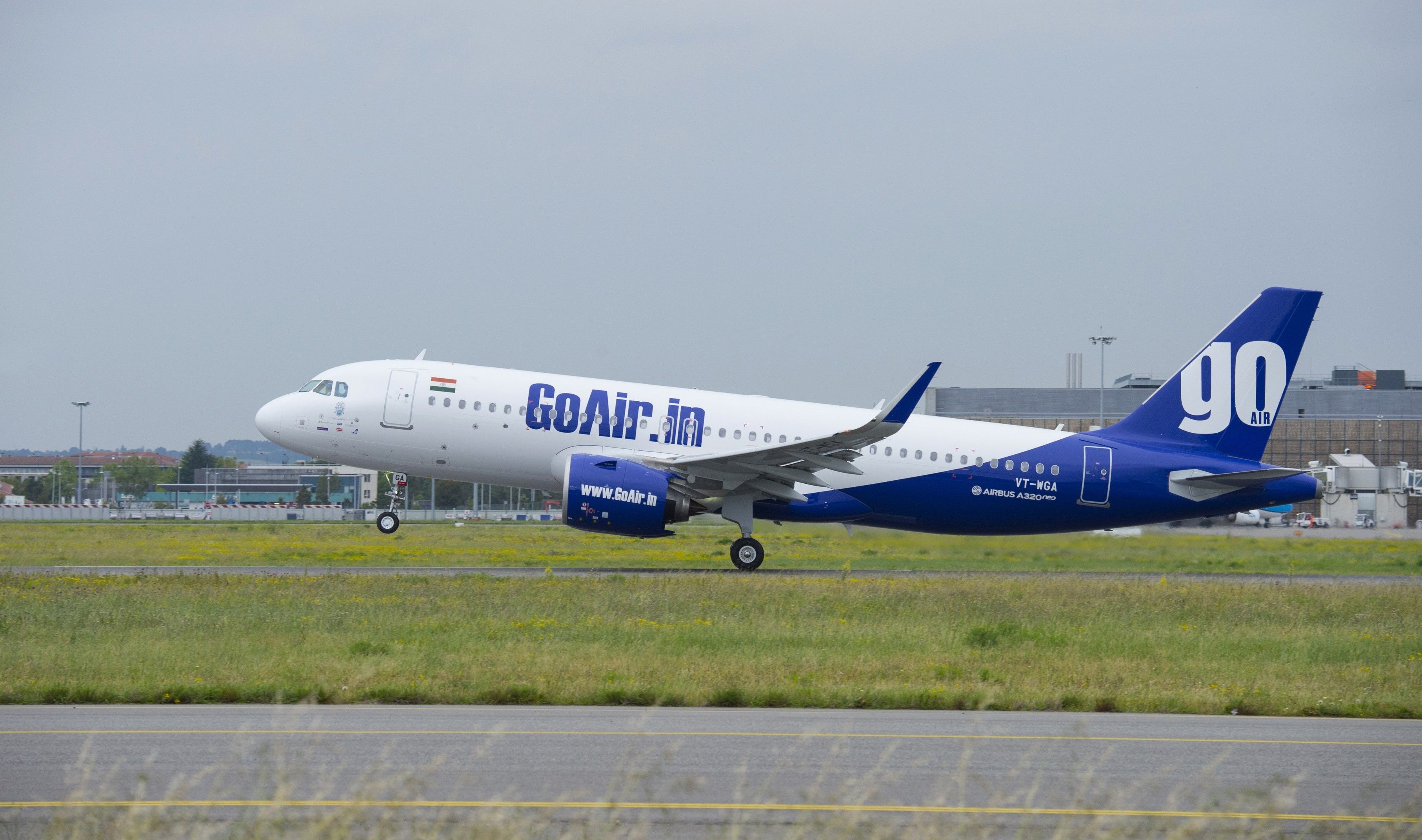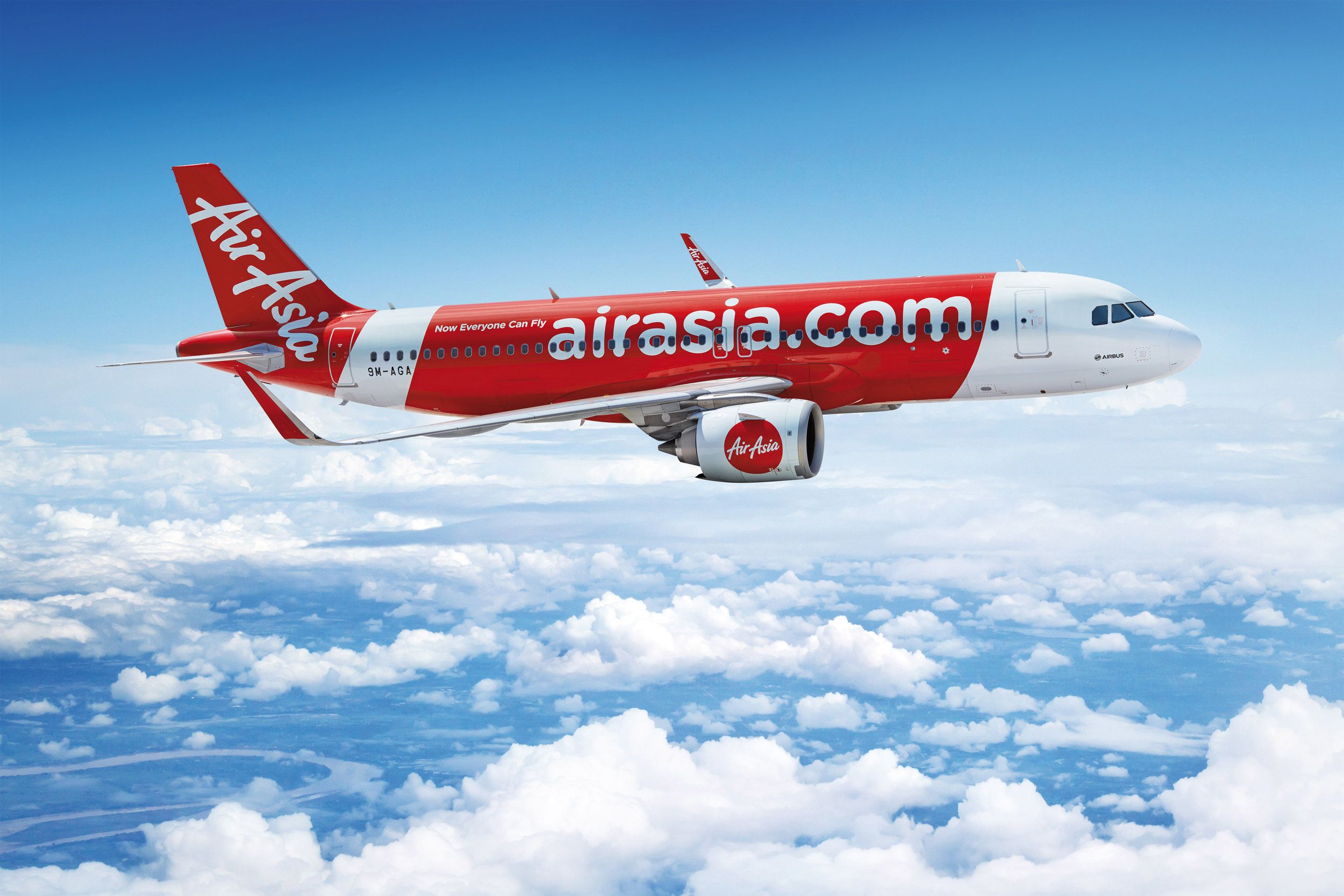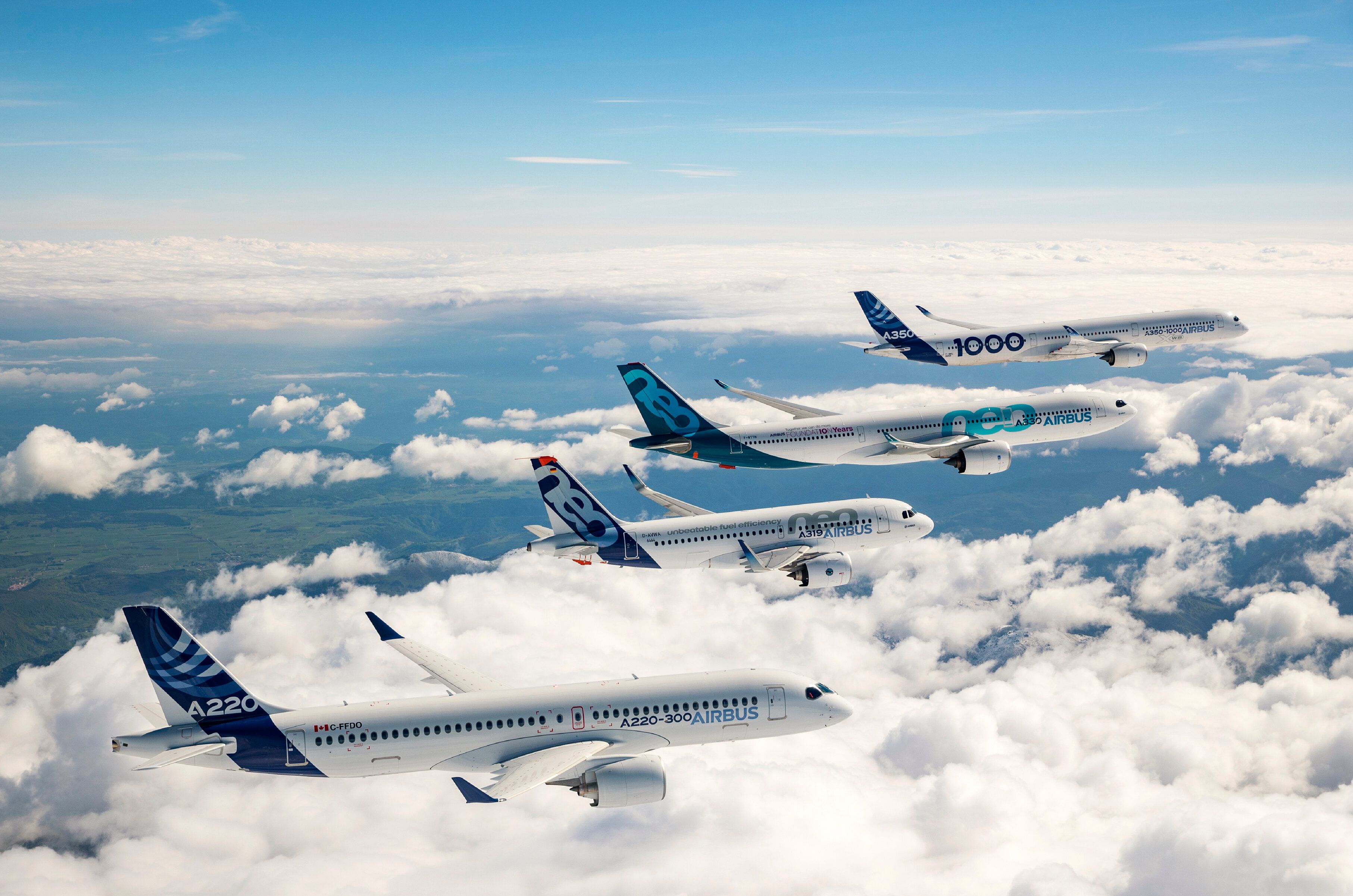Summary
- The barking noise heard on Airbus A320 and A330 aircraft is caused by a hydraulic pump called the Power Transfer Unit (PTU). It operates automatically when the hydraulic pressure drops below a certain level.
- The barking noise is not a sign of any engine problems and is not dangerous. It can be slightly irritating for passengers, but it is a normal part of the aircraft's operation.
- The noise is more common in older aircraft designs and is less likely to be heard on newer neo models. As modern aircraft are introduced, this feature will eventually be phased out.
Airbus' A320 and A330 are two of the most popular twin jets in the narrowbody and widebody categories respectively. The single-aisle A320 serves as a workhorse for many small and large airlines. It is also the aircraft of choice for some of the largest low-cost carriers in the world, including Europe's easyJet and US-based Spirit Airlines. The A330 has a long history of excellent reliability and performance on long-haul routes.
A unique thing about these two aircraft is that their popularity drove the manufacturer to introduce the neo (new engine option) variants of both aircraft. The A320neo and A330neo are the latest versions of the iconic jets. Another notable aspect of the two planes is the intriguing barking noise emanating from the aircraft during flight. The loud noise can generally be heard on the ground, during taxi to or from the gate.
So, what is this loud, dog-like sound? This article explores the root cause of this noise that passengers of particular Airbus aircraft experience.
Hydraulic pump
The barking noise, which has also been likened to a buzzsaw, is caused by a hydraulic pump, referred to as the Power Transfer Unit, or PTU. The location of the PTU means that the barking dog sound is most likely to be audible for those seated in proximity to the aircraft's wings, but it is loud enough that others in less adjacent seats can hear it as well.
Unusually for a pump system, most of which are powered electrically, the PTU is hydraulically powered. This system's purpose is to ensure that minimum pressure is maintained across the aircraft's hydraulic systems. In the process, it produces the 'barking dog' noise associated with the Airbus series, which sometimes manifests as a high-pitched whining noise.
As Airbus puts it:
"The A320 hydraulic system is composed of three different and fully independent circuits: Green, Yellow & Blue. The users are shared between the systems in order to ensure the control of the aircraft, even when one system is inoperative. On the blue hydraulic system, the normal source of pressure is the electrical pump, and the auxiliary source is the Ram Air Turbine (RAT).
The Constant Speed Motor/ Generator (CSM/G) is used to provide aircraft electrical power in case of emergency. On the green & yellow systems, the normal source of pressure is the Engine Driven Pump (EDP) and the auxiliary source is the Power Transfer Unit (PTU). The PTU is a hydraulic motor pump which transfers hydraulic power between the green and yellow systems without transfer of fluid. It operates automatically, whenever the pressure differential between the two systems reaches 500 PSI."
Not only can this noise be slightly irritating for those onboard, but some passengers have been alarmed by this confusing sound. Because the noise comes intermittently – starting, fading, and reappearing again – some passengers may feel concerned, believing it to be an engine cutting out.
Not dangerous
Fortunately, the barking dog sound has nothing to do with any engine problems. The noise comes and goes since the PTU is only operational when the hydraulic pressure of the A320 or A330 drops below a pre-defined level. Because pressure can fluctuate, the noise will sometimes continue even after both engines are fully operational.
Another reason the PTU may be running is that the system tests itself when the starboard engine of the plane is initially fired up, and this process is repeated shortly after landing. Interestingly, some Boeing aircraft also feature a PTU unit, but it doesn't operate in the same way as the one employed on Airbus aircraft.
The PTU has less involvement in the US manufacturer's aircraft and will only intervene when the aircraft is in the air. It is a valuable asset that can provide the hydraulic systems with the required additional pressure if one of them drops. For this reason, it doesn't cause the same barking dog phenomenon.
Moreover, the Airbus noise tends to be a factor in older aircraft designs. For this reason, passengers are unlikely to hear it on a newer neo model.
Other noises
Airbus aircraft do emit some strange noises in general. Another one many passengers have picked up is a shrill whining noise, which can be heard at the gate before departure and again after landing. This sound can be explained by an electric hydraulic pump onboard the aircraft, which is used in the process of opening and closing cargo doors.
Altogether, there is nothing to worry about with the barking noise. Yet, it is a feature that will eventually be phased out with the continued introduction of modern aircraft.
Last year, an American Airlines flight between Los Angeles (LAX) and Dallas Fort Worth (DFW) suffered a mechanical issue that made the plane's public announcement system (PA) emit weird moaning sounds described by some as "somewhere between an orgasm and vomiting." Thanks to a video uploaded by passenger Emerson Collins, the American Airlines flight went viral.
The carrier said in a statement that the PA systems onboard the aircraft are hardwired to eliminate the possibility of external access. "Following the initial report, our maintenance team thoroughly inspected the aircraft and the PA system and determined the sounds were caused by a mechanical issue with the PA amplifier, which raises the volume of the PA system when the engines are running."
Nonetheless, this annoying and awkward sound was a one-time-only, not something you can expect to hear constantly like the Airbus A320's barking sound, which has become a meme generator.
Have you heard the 'barking dog' on an Airbus? What do you make of the overall cause of the noise? Let us know what you think in the comment section.



